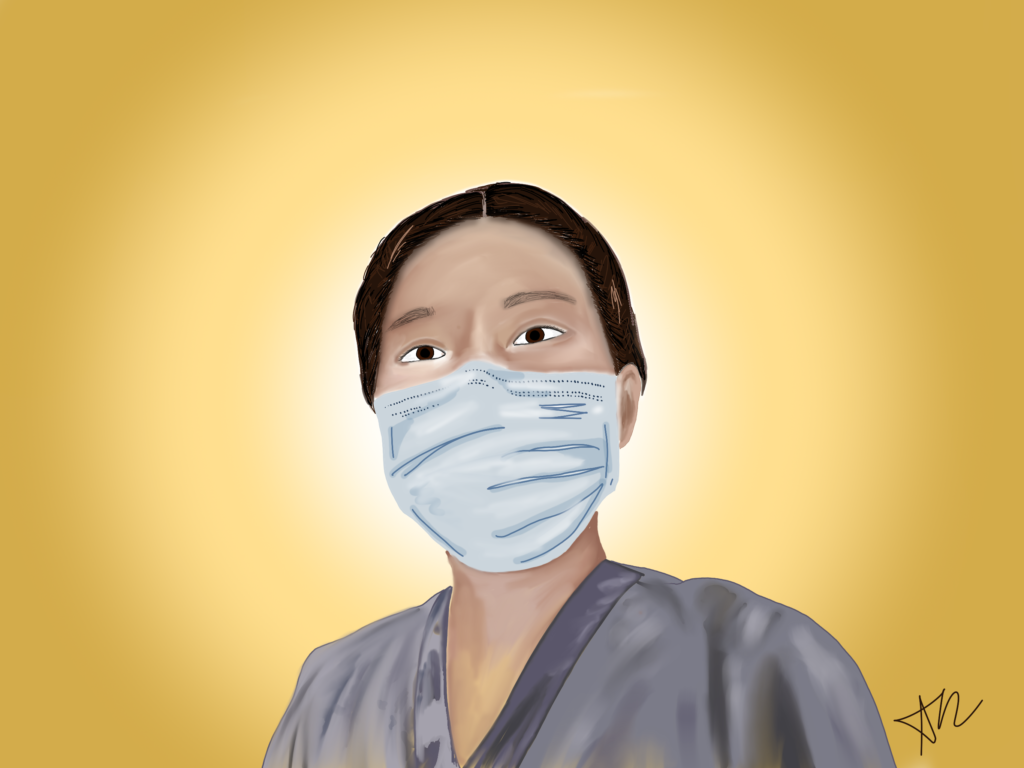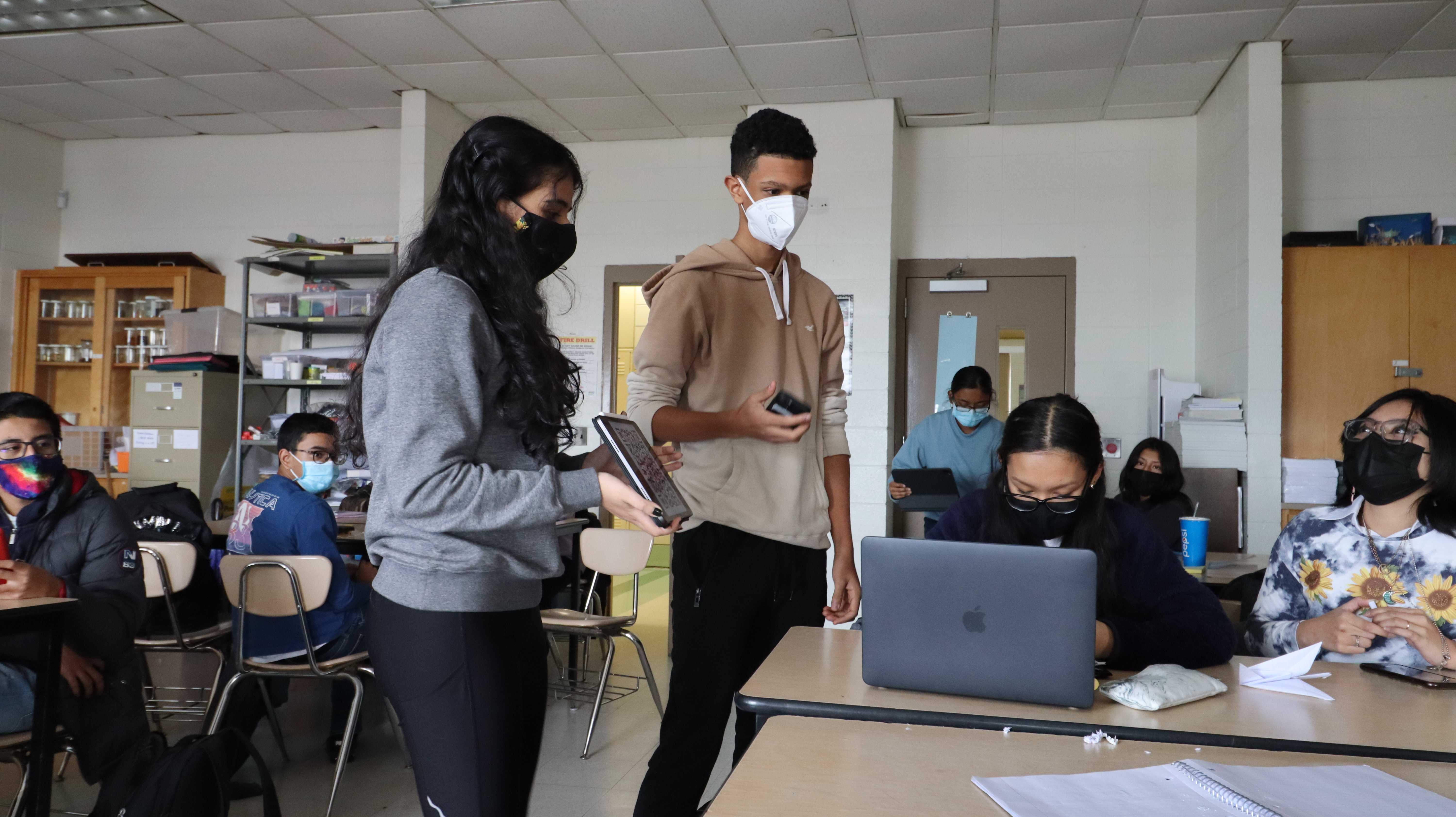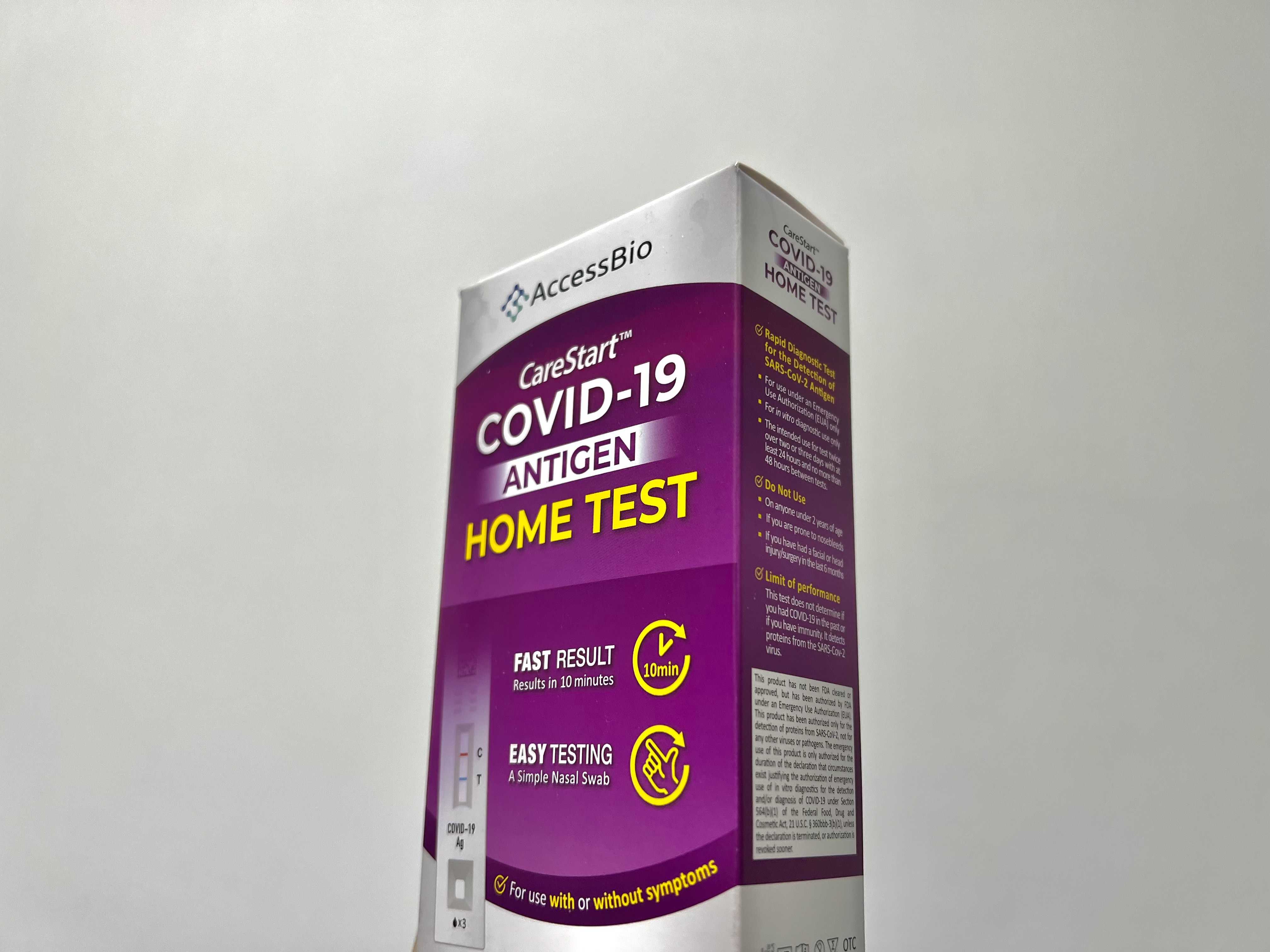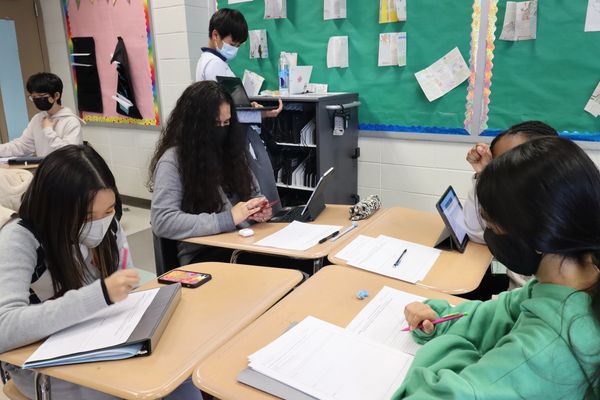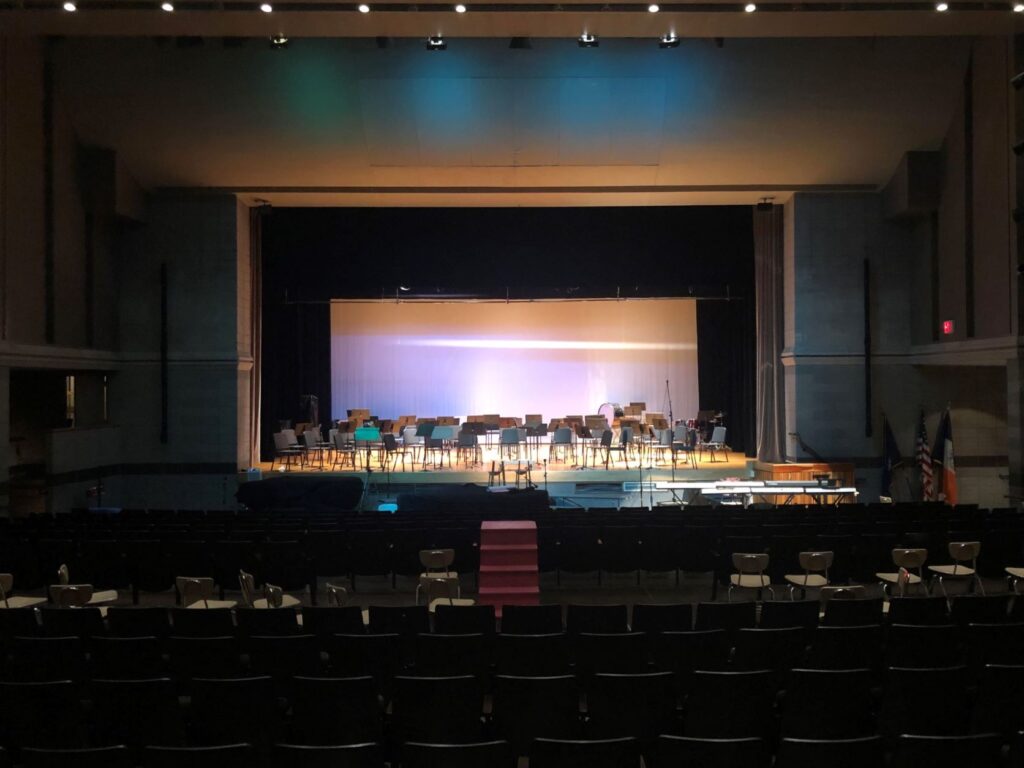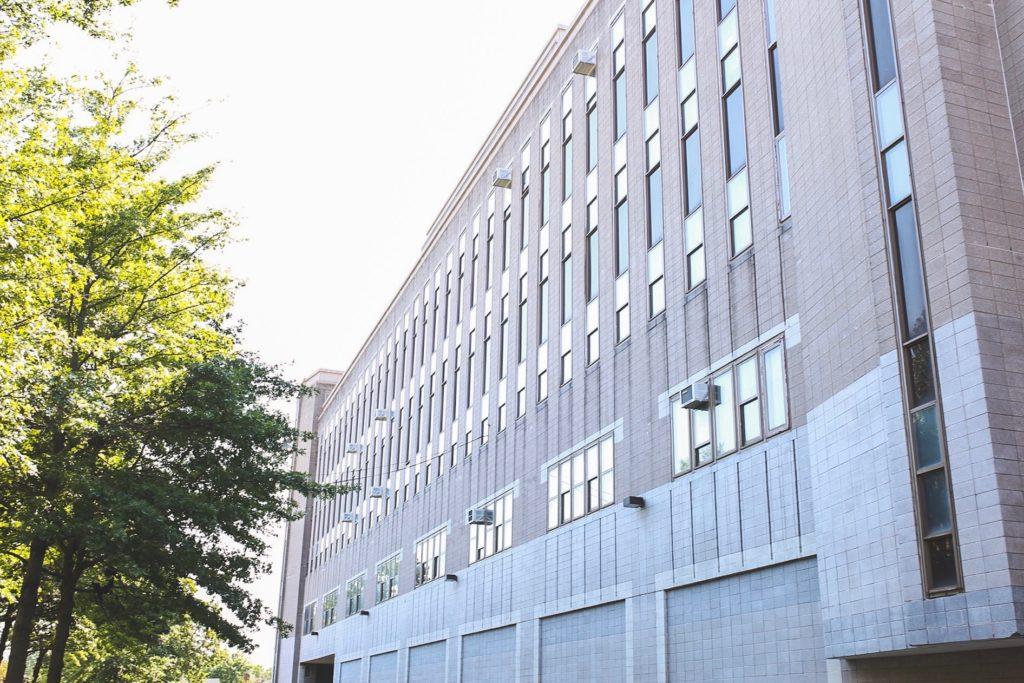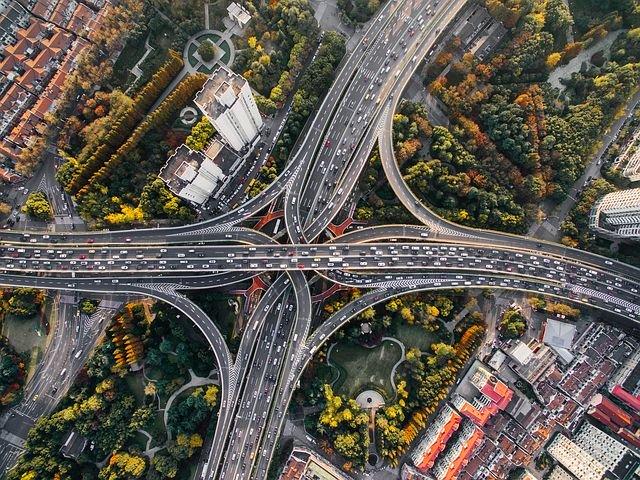
Americans continue to practice social distancing to avoid the possibility of being infected or spreading the virus. During this time of hardship, the role of frontline workers has become more crucial than ever. Drivers, police officers, and sanitation workers continue to work, while those in the medical field are also putting their lives on the line to mitigate and possibly end the ongoing pandemic.
Matilda Kim is a nurse with 22 years of experience who is currently working in the Intensive Care Unit (ICU) at Jamaica Hospital Medical Center. She came forth about her experiences with COVID-19 not only as a nurse, but also as a mother and a COVID-19 survivor.
Ms. Kim spoke out about the difficult conditions in her workplace at the start of the pandemic. “It’s been close to 2 months since the first COVID-19 patient. In the beginning, the CDC informed us not to wear masks although we were frontliners, even with infected patients. We also didn’t have enough kits and most of us couldn’t get any PPE (Personal Protective Equipment),” said Ms. Kim. She continued, “Initially, it felt as if the administrators didn’t care about us frontliners—they simply continued to push us to take care of patients despite the lack of protective wear. It was very difficult.”
She stated that alongside a lack of hospital management, there was a lack of nationwide regulation. “The U.S. CDC guidelines are very broad in comparison to other countries. In Korea, you need 2 negative tests to confirm your recovery, but in America, once you get one test, you don’t have a chance to later confirm your recovery if it turns out positive due to the lack of kits. They simply tell people that if you don’t have a fever for 72 hours, you are considered fine and able to work.”
Outside of the hospital, Ms. Kim experienced the coronavirus herself. As a nurse lacking gear, she was often exposed to the virus and eventually was infected by one of her patients in the ICU. “I stayed in quarantine for 3 weeks in the basement. I was alone. Even though it’s been a month, I still cannot hug or kiss my kids because I am too scared. When I first recovered, I didn’t even know how to touch my girls. I simply poked them with one finger. I was so happy—I will never forget that moment.”
She admitted that her experience with the virus had altered her perception on both her occupation and life. “In the entirety of my career, I was so proud and happy with my job,” Ms. Kim explained. “But after this pandemic, it’s become difficult for me to support others in becoming nurses or doctors, especially if I love them a lot. I don’t want my kids to become nurses.”
While Ms. Kim respects the medical field and continues to treat her patients the best she can, she explained that her career can be extremely difficult. “Especially after this pandemic, I’ve learned to appreciate the small things I had. Remember to enjoy the regular activities and routines we are able to do. Remember how blessed we are for our daily lives,” said Ms. Kim. “I still have to tell my family to not touch me or come near me. I wish I could stay home and normally interact with them, but for now, all I can do is watch them.”
A friend of Ms. Kim, Jessica Laull, currently working in the dermatology field, shares her sympathies with the recent pandemic. “Similar to Matilda, I have two daughters and a husband…We both have families to protect, and as such, the pandemic has only made me more grateful for what I have,” she said. Ms. Laull continued, “While my family and I are fortunate enough to not have been infected, we have loved ones who are afflicted by it. When Matilda was sick, neither I nor her family could get close due to the risk of infection.”
As a message to everyone out there in this time of crisis, Ms. Kim reminds us to continue, “social distancing, washing our hands, covering our mouths, and remaining cautious.” She said, “It’s very difficult to watch…people suffering from the pandemic—I miss the times before the virus and I pray that it ends as soon as possible.”
Art courtesy of Amanda Renzi, Editor-in-Chief.



























